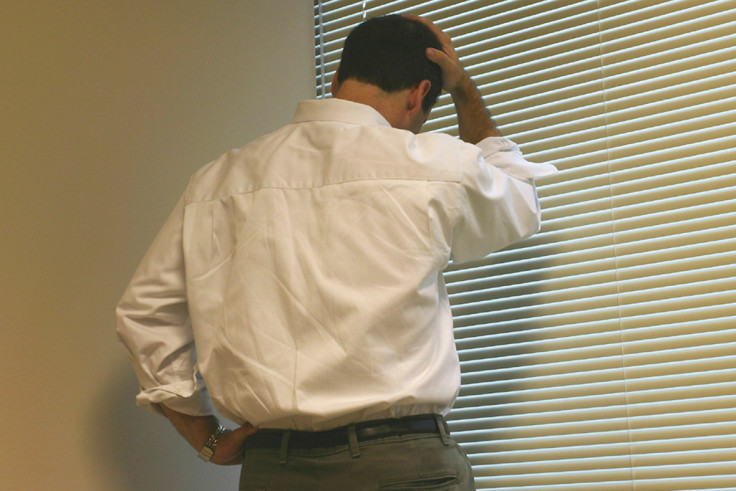12 hazards of Christmas: Holiday season accidents and how to avoid them
This festive period, stay updated with safety tips to prevent unwanted problems.
The holiday season is one of the most lively and exuberant times of the year. There are dinners to cook, lights to string up, trees to decorate, not to mention all that eggnog to get through. It also happens to be one of the most chaotic and disaster-prone seasons, with NHS noting that over 80,000 people turn up for medical attention during the festive period — for a bleeding paper cut or alcohol poisoning to stove burns and broken bones.
Over 6,000 revellers will end up in the hospital on Christmas Day with a range of issues, most of which could have been avoided with some simple safety measures. In order to prepare for a holiday time that does not end up in the A&E (Accident & Emergency) department, IBTimes UK lists some of the most common hazards and ways to prevent them from coming down your chimney this year.
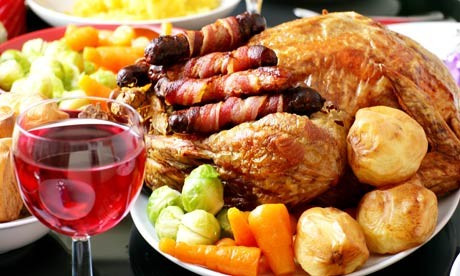
#1 Kitchen burns and cuts
According to the National Accident Helpline, nearly half (49%) of those preparing Christmas food have suffered an accident. One in 10 (11%) have spilled hot oil on themselves when cooking; nearly one in five (18%) have cut themselves preparing vegetables; 500,000 people have had a gas leak or gas emergency in the home; and 600,000 people have burned themselves roasting chestnuts over an open fire.
Remember to pace yourself in the kitchen. Plan out your dishes and prepare part in advance so that you spend less time running helter-skelter on the big day.
Shopping also needs to be done in advance since most stores remain shut for the holiday. Those that remain open are bound to have sold out most ingredients.
Make the kitchen your domain and keep most people out until your work is done. That way the kids do not come in contact with sharp knives, hot dishes or glass items.
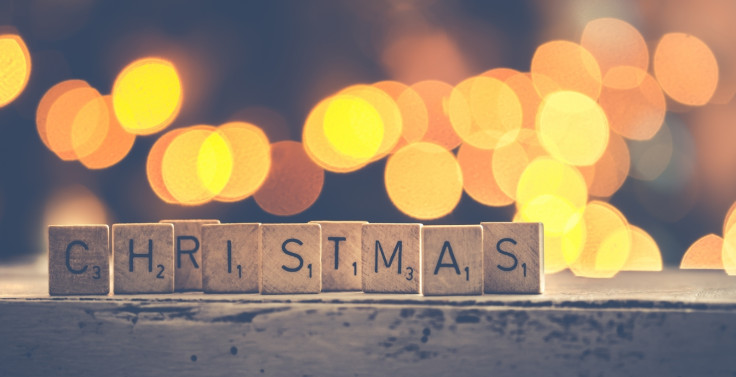
Buy a fire extinguisher and learn how to use it. Best place to store it? Below the sink.
When you are cooking on an open stove, be alert and keep an eye on the pot. See to it that paper towels, dish cloths and such are kept at a safe distance.
Grease fire continues to be one of the common accidents that send people to the emergency unit. Keep a box of baking soda at hand to deal with any sudden flares.
Try to work one appliance at a time. Switch off the blender before moving to the whisk or food processor. That way, you do not run the risk of machine mayhem in your kitchen.
#2 Tree injuries
Every year, about 1,000 people are injured by their Christmas tree, usually while fixing decorations to the higher branches according to The Royal Society for the Prevention of Accidents (RoSPA); Around 350 people a year are hurt by Christmas tree lights.
With all the electric lights, candles and possibly, an open fire, it is very easy for a Christmas tree to go up in smoke. If opting for a live one, water the tree regularly to preventing it from going dry. Alternatively, purchase a fire-retardant tree.
Aside from choosing the most photo-friendly place for it, also look at other factors like proximity to the children's play area or near a fireplace.
See to it that your tree has a strong and steady base and will not tip over with the weight of the decorations. Remember to switch off the tree lights before going to sleep.
#3 House fires
With temperatures plummeting across the UK, a raging fireplace sounds like the perfect festive way to warm up. However, burning up should not be on your Christmas list. Start with a clean vent and proper kindling (gift wrapping paper is not ideal). Also, make sure the fire is completely put out before going to bed.
Avoid using threadbare and old string lights that could cause shocks and short circuits. If you plan on decorating the outside of the house, choose lights that are designed specifically for it. The same goes for extension boxes.
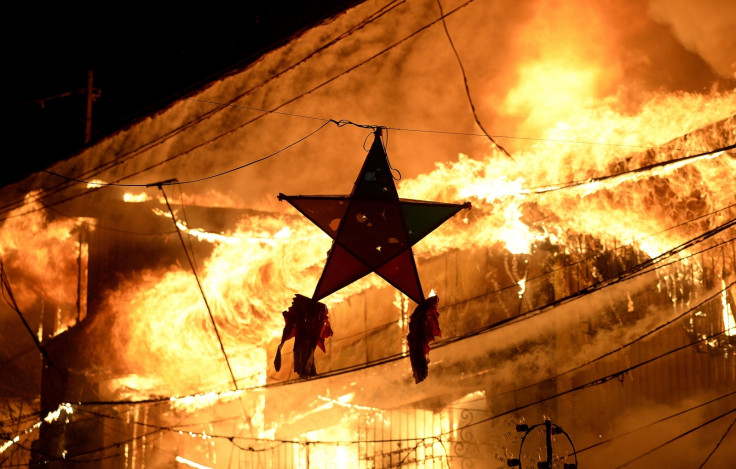
No candles by the Christmas tree, gifts or near any flammable materials.
Check your smoke alarm beforehand and see to it that the batteries are in working condition. Sleep with your bedroom door closed, because smoke can kill you before flames get near you.
#4 Electrocutions
Aside from causing short circuits that can bring down the house in a raging fire, bad wiring can cause some serious damage via electrocution. Check old wires for any wear and tear. The same goes for sockets and extension boxes.
Miniature lights are preferred because they have cool burning bulbs.
Don't run electrical cords under rugs or beneath furniture.
Keep animals away from electrical cords.
Never use electric lights on a metallic tree; it can create an electrical shock hazard.
While working on outdoor lighting, try to wear boots with rubber soles and avoid standing in water while handling electrical wires or power tools.
#5 Slipping on ice
That thin sheet of black ice that forms on the pavement is every pedestrian's worst nightmare. Remember to walk slowly and deliberately and wear shoes with slip-resistant soles.
Try carrying items in a backpack or sling-bag rather than in your hands. Keep your arms free to help with staying stable in case you lose your balance.
Before starting out with the lighting work, map out a route you want the wires to take. When you start decorating, allow the wires to travel the same way and not bunch up in a heap anywhere.
Try to avoid high-traffic areas. Tape cords across walkways, and use the correct length needed to travel to your lights. You don't want your cords to be too long so they pile up and create walking hazards.
Similar advice goes for ribbons and gift wrapping items as well. Find an old shoe box to store them instead of allowing them to lie in heaps.
#7 Respiratory problems
Christmas is a time for hugs, kisses and handshakes... all great ways to transfer respiratory germs from one person to another. First off, prepare your immune system for those uninvited bacteria. If you are the one with a cold, explain to people that you would prefer to keep a bit of distance. Wash your hands frequently with soap and water or an alcohol-based hand sanitizer.
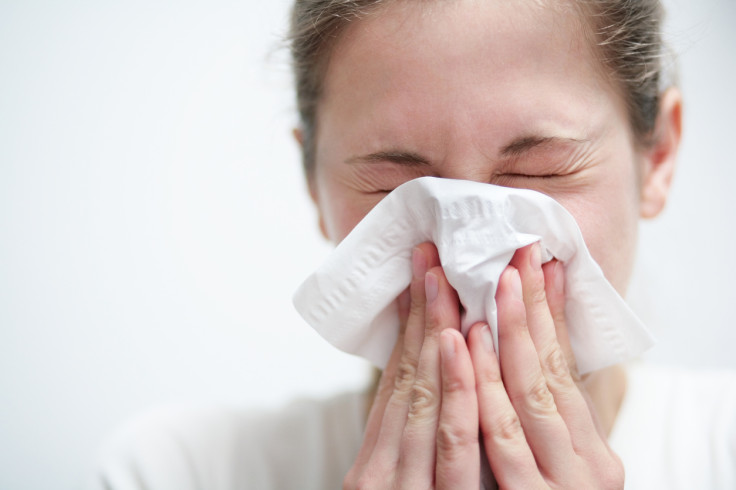
#8 Alcohol poisoning
It is important for people who drink alcohol to be aware how much alcohol can be consumed safely, and to develop strategies to ensure that they don't drink too much. Decide before hand how many drinks you are willing to allow yourself. Stick to the number.
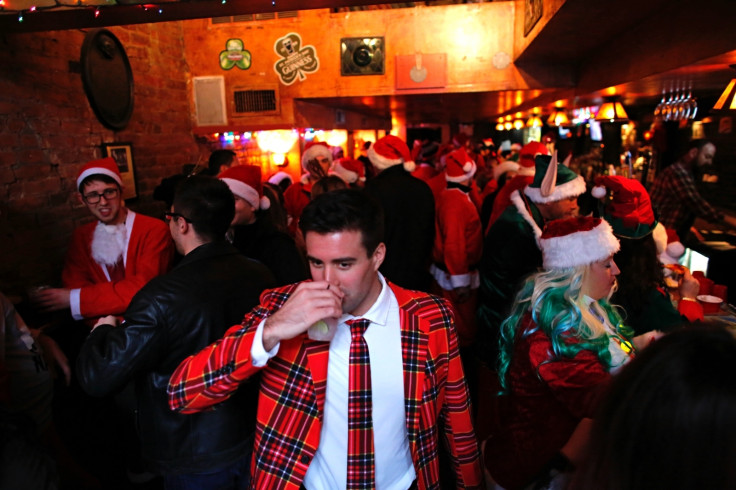
If someone tries to force you to have just one more, refuse them politely or make an excuse to escape their company.
"Christmas is a time when we often start drinking earlier in the day, which is a sure recipe for drinking more, so it may be wise to lay off the booze until later in the day," says Alcohol Research.
Some people tend to suffer the holiday blues and turn to alcohol for comfort. Do not drink to get drunk, but enjoy the alcohol that you actually like.
Eat food that will help absorb the alcohol in your system and consume a glass of water between each other drink.
Most importantly, leave your car keys at home and book a taxi.
#9 Problems with food
Bloating, heartburn, allergies, gastric infections can make the merry spirit go down the drain. If you do have allergies, make sure to mention them to the dinner host and check before eating into any food. Additionally, carry medication or an epi-pen.
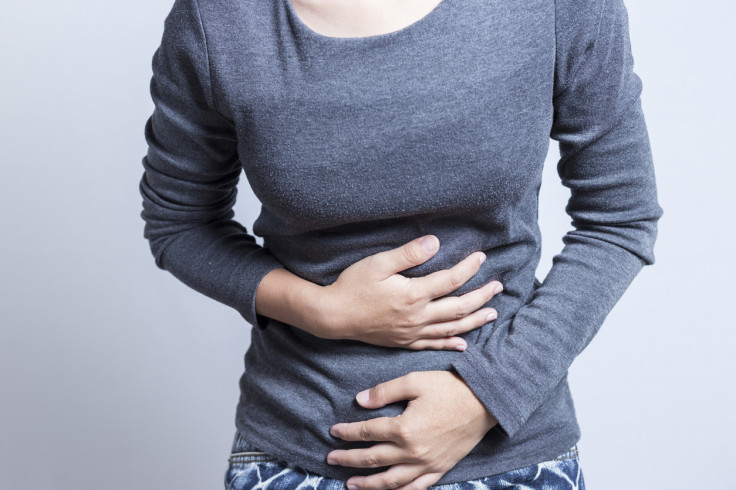
Just as it is hard to say no to that extra glass of wine, it is equally difficult to refuse a second (or third) serving of food. Remember that the brain takes a while to recognise that the stomach is full, so pace your meal. Serve yourself small quantities rather than large helpings, and choose to repeat if required.
Eat light the days before the big dinner and plan the same for the days after as well. Have a probiotic drink once a day to keep your system working better and carry around an antacid if needed.
#10 Falling off roofs, balconies and trees
Santa had his helpers and you can do with some as well. Do not work at heights or unstable areas unless you have someone around to keep an eye on the situation and help you if needed.
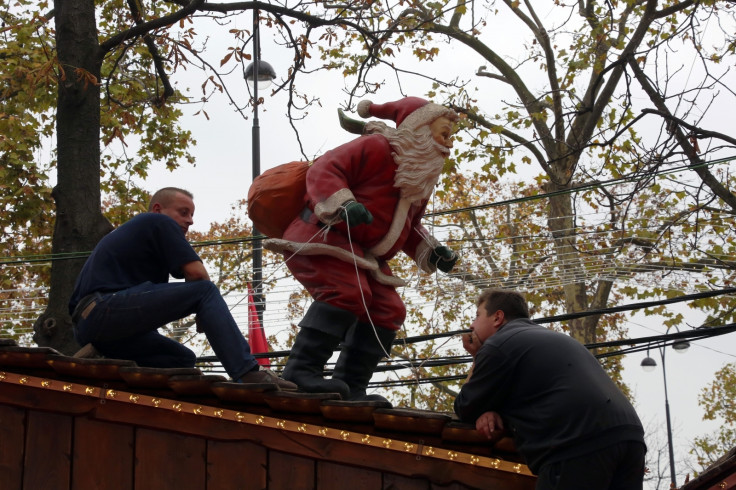
#11 Back injuries from heavy lifting
Boxes of decorations, gifts, dishes and that heavy tree are bound to take a toll on your back. Flexing your spine while carrying something increases your risk of injury. Remember to always bend your knees and keep your back in a neutral position when attempting to pick something heavy.
If you have a history of back problems and expect to spend the day lifting and moving boxes, wear a back brace.
Do not try to reach that high spot by stretching your body. This might damage your back or neck. Instead use a foot stool or a ladder or just find someone taller than you to do the job.
#12 Stress and blood pressure problems
While temperatures are dropping, stress levels are on the rise. Holiday season can be a time for worry, anxiety and depression. Identify what your triggers are and avoid them or find a healthy way to tackle them.
Talk to people about the issue. Everyone is a bit worked up during this time, some wondering if they will fit into that dress they bought on sale, others trying to figure out if they have enough money for all the expenses. By talking with your friends and family, you may realise that much of the stress is unnecessary and you can help each other out to make the time more enjoyable.
Those facing issues with depression can use one of the many helplines available to get proper advice. Check out this list of organisations that might be able to help.
